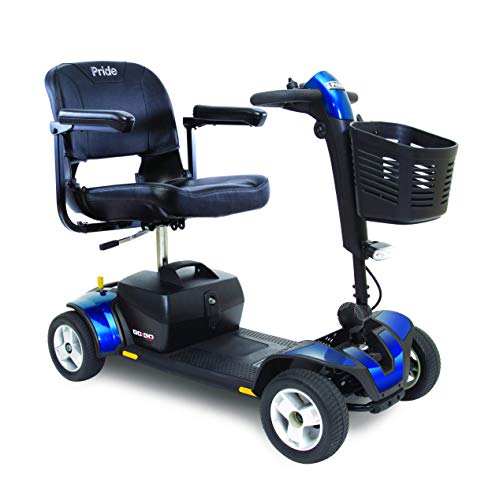What Is Personal Transportation?
Private transportation is the private use of private transportation vehicles. This could include cars, bikes, scooters unicycles, and other micromobility devices. It could also be referring to the use of public transportation systems.
Private transportation can save you time and get you to your destination faster. Additionally, private transportation is more comfortable and provides privacy that's not offered on public transport.
Cost
The cost of personal transportation can be a big burden for many families. This can make it hard for families to save or invest money in other areas. Fuel can be an expensive expense. There are methods to reduce the cost of transportation.
Despite these advantages, some people still prefer private transport to commute. They believe it is the most convenient and comfortable method of moving around. heavy duty electric mobility scooter may even choose to hire a chauffeur for their trips. The cost of this kind of transportation is typically more expensive than public transportation, but it can bring more security and peace of mind.
In the near future the personal vehicle will likely become more electric as EVs take advantage of advances in battery technology and charging infrastructure. EVs are also more accessible and emit less pollution than conventional cars. This makes it easier to switch from gasoline to EVs. This will decrease GHG emissions as well as traffic congestion.
The advantages of public transportation are numerous, and they are an excellent alternative to private transport. Compared to private vehicles, mass transit is cheaper and more sustainable. It is also easy to use and comes with cameras that ensure passengers security. Furthermore, it can help users avoid paying maintenance and parking fees. The main drawback of public transportation is that it may sometimes be unreliable and slow. Traveling with children or the elderly can be challenging. This can result in delays and missed medical appointments.
Time is a major factor.
The time it takes to complete a personal transport task can have a negative impact on people's lives. For instance, commuting to work can take too long for those who have a busy schedule. People can cut down on the time they spend commuting by taking a carpool, working from home or staying near their work. They can also cut down on time by cycling or walking instead of driving.

The development of new technologies could revolutionise the personal transportation field. Electric vehicles with solid state batteries are an example. They offer greater range and faster charging times. These technologies can also increase security and reduce traffic congestion by optimizing traffic management. Autonomous cars are another major technology that makes travel more comfortable and convenient. They can even help people maintain their fitness by keeping them active.
Privacy
Privacy is a crucial aspect of personal travel. People who value their privacy often prefer to drive or ride in private vehicles instead of taking public trains or buses, which share space with strangers. Public transport is also viewed as less secure, which can affect personal safety. This is particularly true for elderly people, who are more prone to safety concerns.
Privacy issues are a major concern for those who travel with their children. Being in the same space as other passengers can be stressful for children, and could lead to behavioral problems like aggression and hyperactivity. In the end, parents are increasingly opting to use private transport to protect their children's privacy. This can reduce the stress of traveling with children and the time spent commuting. This can help to save money on childcare costs.
Convenience
Personal transportation is an integral part of our daily lives. However the decision you make could affect your health and wellbeing. It is important to think about the pros and cons of each option before deciding which method of travel best fits your needs.
A few people prefer public transportation, which is usually cheaper than private transportation and requires less maintenance. It also has a lower impact on the environment since it emits less carbon dioxide per person. It also helps you save the cost of parking and fuel as well as allowing you more convenience and flexibility in your daily commute.
However public transport is not reliable and there are risks that come with it. In certain instances you may be exposed to crime or be unable to reach your destination on time due to weather or mechanical problems. In addition, many bus and train routes are crowded, making it hard to move around and relax.
Private transportation on the other hand is a great choice to travel around in peace and security. It's generally more efficient than public transportation and you can avoid crowds by travelling in a private vehicle. It is also more convenient to drive an individual vehicle rather than a car because you can choose your own route.
Despite these benefits, the majority of people still prefer to make their cars their primary mode of transportation. It could be because they're more comfortable or have a higher worth. In the future we could see an enormous change in personal transportation, as electric vehicles (EVs) become cheaper and easier to charge.
In a recent study, researchers from MIT examined the factors that influence people's choices for modal transportation. The study found that safety is an important factor but it doesn't play a large influence on the modal choice. In fact the most important elements are speed, availability, and cost. This is in line with previous research on the choice of modal and will likely to continue in the near future. Additionally, a brand new battery technology, that uses solid state batteries, could further improve the efficiency of EVs and allow them to travel longer distances with the same amount of power.
